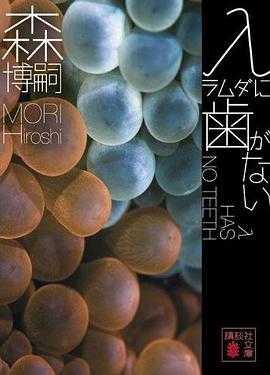

具體描述
In the early 1980s the Guatemalan army unleashed a scorched-earth campaign against civilians suspected of supporting antigovernment guerrilla forces. Faced with violent repression, indigenous people found various ways to survive. Some joined the guerrilla ranks, some fell in with so-called self-defense patrols controlled by the army, while others crossed the Mexican border to seek safety. In the mid-1990s, after more than a decade in refugee camps, the displaced migrants returned to Guatemala as retornados and started to rebuild their lives. Guatemalans in the Aftermath of Violence highlights the complex survival strategies of the returnees and their neighbors who had stayed behind. Anthropologist Kristi Anne Stolen lived among the Guatemalan peasants, gathering firsthand testimonies of their struggles. Their varied voices and differing points of view shed light on many facets of violence: the dynamics of its escalation, its destructive force, and its power to engender community and identity. By showing that for many refugees, exile did not always mean deprivation and victimization, but often recognition and even empowerment, Stolen dispels the simplistic notion that those exposed to violence are merely its helpless casualties. With lessons learned through interaction with the international aid and solidarity community during the years of exile, the returnees managed to reconstruct community and identity in a changed environment. This study of their efforts illustrates how poor and exploited people are able to endure, utilizing whatever opportunities they find to improve their lot.
著者簡介
圖書目錄
讀後感
評分
評分
評分
評分
用戶評價
相關圖書
本站所有內容均為互聯網搜索引擎提供的公開搜索信息,本站不存儲任何數據與內容,任何內容與數據均與本站無關,如有需要請聯繫相關搜索引擎包括但不限於百度,google,bing,sogou 等
© 2025 book.quotespace.org All Rights Reserved. 小美書屋 版权所有




















